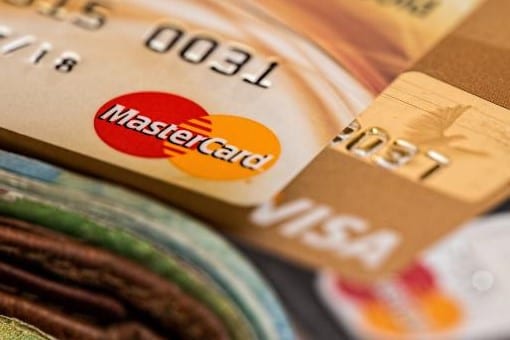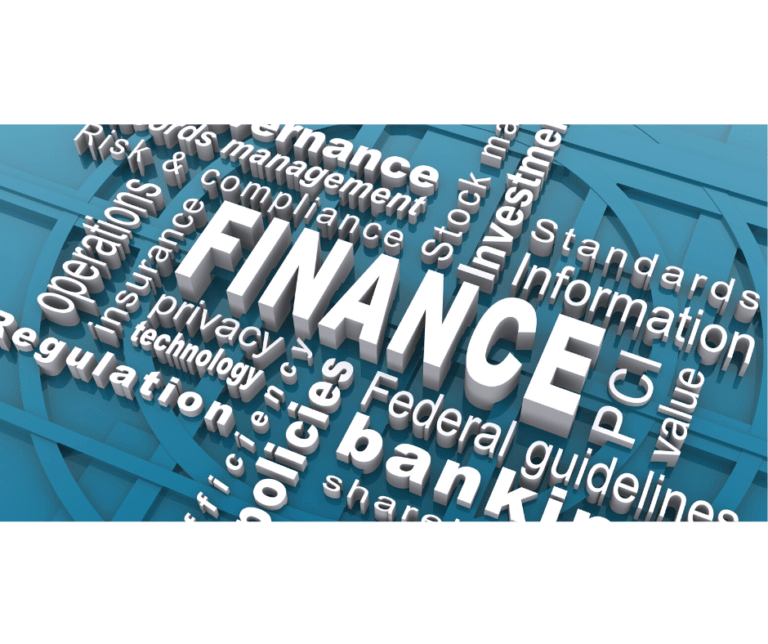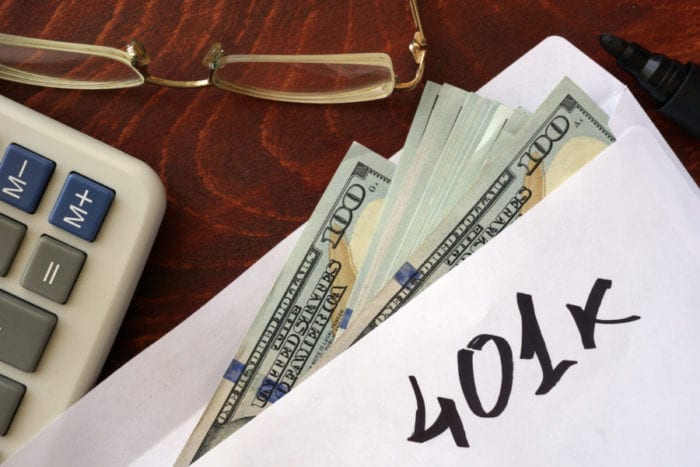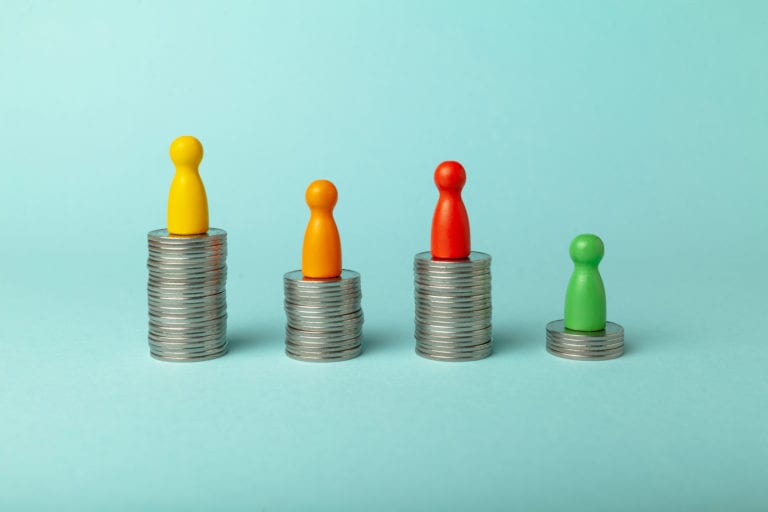By d-mars.com News Provider
One of the many changes spurred by the COVID-19 pandemic is a fundamental shift in how people are paying for the goods and services they need. Due to both health and safety concerns, consumers and retailers are more frequently choosing credit cards for online and in-person payments in an effort to make transactions as contactless as possible. Moreover, the pandemic has caused a national coin shortage, causing retailers to prefer and, at times, even require the use of a card instead of cash.
If you’ve avoided using credit cards or feel worried about overusing them, now is an opportunity to rethink your spending strategy. If used smartly, they can be considered one of many effective tools to help you manage your money better.
Here are some pros and cons of using credit cards instead of cash and tips for avoiding the pitfalls from the experts at Navy Federal Credit Union.
Pros:
Boost your credit. Using your credit cards on a regular basis may be a great way to improve your credit score. Not maxing out cards and paying your bills on time shows lenders that you can borrow responsibly, which can help you get better interest rates when you need to make big purchases such as a car or home.
Earn rewards. Many credit cards offer rewards on everyday purchases like groceries, gas, and take-out. Some cards also offer a sign-up bonus, such as $150, when you spend $2,000 in the first three months, even on purchases you were already planning to make. This is an easy way to earn rewards and let your regular purchases add up in your favor. According to Justin Zeidman, head of credit card products at Navy Federal, “the best credit cards give you flexibility both in the way you earn and in the way you redeem.” Find a card that offers either extra cashback or rewards points on everyday purchases like groceries, restaurants and gas.
Track your spending. If you’re trying to stick to a budget, it’s easy to track purchases made with a credit card, especially using mobile apps that update your purchases in real time. If you’ve ever lost track of cash in your purse or wallet, not remembering what you spent it on, a credit card can help you solve this problem and better understand your spending habits, by telling you exactly where your money’s going.
Better protection. You have complete protection if your card is ever lost or stolen. Not only that, but credit cards offer protection against fraud if someone uses your number for an unauthorized purchase. Some cards also offer safeguards against buying damaged or faulty products. “If you think your card is lost or stolen, report it to your financial institution immediately,” said Zeidman. “When you’re on the phone with your issuer, explain to them the full extent of your situation. They’ll walk you through next steps such as filing a claim to dispute any unauthorized transactions.”
Cons:
Missing payments.
If you’re not good at remembering deadlines, it can hurt you. Missing or late credit card payments can have a negative impact on your credit score.
The solution: “One of the easiest ways to stay on top of your credit card payment is to set up automatic payments,” says Zeidman. “Set it and forget it,” he added. If you can, pay the full amount each month, or at least more than the minimum amount, to minimize interest accumulating.
Finally, during a time when health and safety are paramount, in addition to convenience and value, credit cards with contactless capabilities can offer consumers more safety and peace of mind. When used responsibly, not only can they help you to boost your credit and earn rewards, cards with contactless technology allow you to make everyday purchases without having to fumble with card systems other people have been touching. While the increase in contactless payments among American consumers has been slower compared to other parts of the world, COVID-19 has accelerated credit card usage in the U.S., and that’s a trend expected to continue after the pandemic has subsided.
COVID-19 has resulted in many changes, and as Americans reevaluate their finances in economically uncertain times, they should be sure to look in their wallets and understand how they pay for everyday purchases. As everyone’s situation is unique, make sure to carefully weigh the pros and cons of any big financial decisions. That said, there is a great opportunity for many Americans to make sure their credit cards are working for them, their rewards are maximized, and they’re staying safe.
Source: BPT








